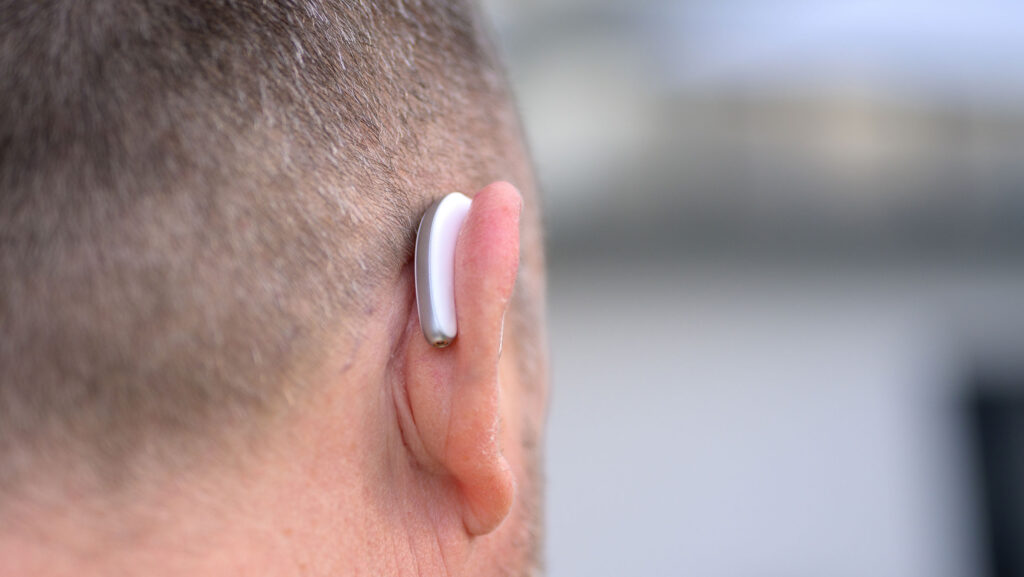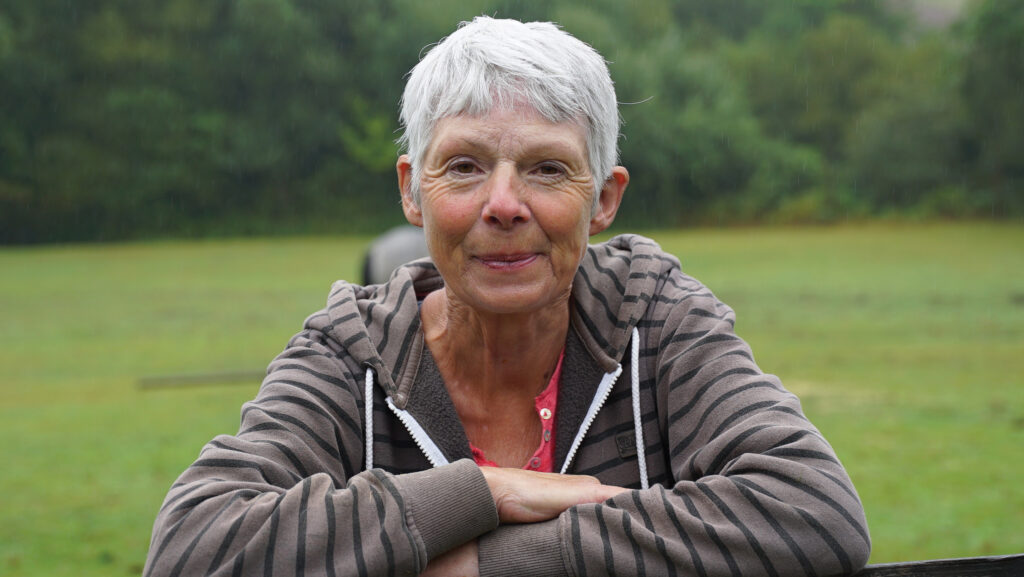Hearing loss: Why farmers shouldn’t ignore early signs
 © AdobeStock
© AdobeStock A suckler beef producer whose hearing deteriorated to the point where she didn’t know when cattle were present behind her, is urging farmers to not ignore similar signs of midlife hearing loss, as new evidence strengthens its link to dementia.
Fiona Gover, who is in her 60s and farms in the New Forest, has spoken of her experiences with hearing loss and being fitted with hearing aids ahead of World Alzheimer’s Day on 21 September.
See also: Could you recognise the signs of dementia?
Telling her story as part of the “Love your ears” campaign, being run by Hidden Hearing care specialists in aid of the Alzheimer’s Society, Fiona says it was pressure from her husband that led to her booking a hearing test after being in denial for at least five years.
“I had been lip reading and wasn’t hearing conversations, missing a lot of what was being said, but I didn’t realise by how much because I sort of got used to it,” she says.

© Fiona Gover
Farm safety
Often working by herself and with animals, there was a safety aspect, too.
“It is unsafe if a cow comes up behind you and you don’t realise it’s there,” Fiona says.
She now has hearing aids for both ears and they have been life-changing because, as well as being able to hear clearly, her wellbeing and energy levels have increased, too.
“It really perks your brain up,” she says.
It is this aspect – the link between hearing loss and brain function – that encouraged Fiona to join forces with the Alzheimer’s Society to share her experiences.
Research
Recent analysis of scientific research published by The Lancet Commission concluded that, of all the interventions people can make to reduce the chances of developing dementia, addressing hearing loss in midlife offers the highest percentage reduction.
Rosie Aylward, an audiologist at hearing clinic Hidden Hearing, says people who develop hearing problems between the ages of 40 and 65 have an increased risk of developing dementia in later life.
“Mild hearing loss doubles the risk, a moderate loss triples it, and severe loss increases it by up to five times,” she says.
Studies have shown that wearing hearing aids can help to reduce cognitive decline.
Fiona puts her hearing aids in as soon as she gets up in the morning.
“It’s weird, but until I have got my ‘ears’ in, I only feel half alive,” she admits.
